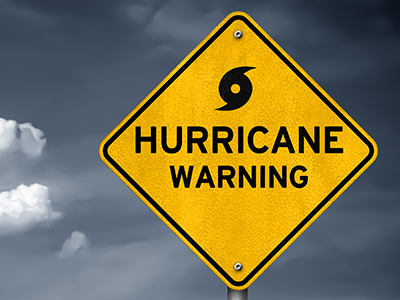August 24th, 2022 / 0 Comments
 https://riseandshine.childrensnational.org/wp-content/uploads/2025/03/kids-party-feature.jpg
300
400
Rise and Shine
https://riseandshine.childrensnational.org/wp-content/uploads/2017/11/childrens_riseandshine_logo.jpg
Rise and Shine2025-03-24 16:37:472025-03-24 16:40:16The truth about measles parties: Why vaccination is always the safer choice
https://riseandshine.childrensnational.org/wp-content/uploads/2025/03/kids-party-feature.jpg
300
400
Rise and Shine
https://riseandshine.childrensnational.org/wp-content/uploads/2017/11/childrens_riseandshine_logo.jpg
Rise and Shine2025-03-24 16:37:472025-03-24 16:40:16The truth about measles parties: Why vaccination is always the safer choice


 Alex Villeda, MD, is a 2nd year pediatrics resident at Children's National. As a pediatrics resident, he is in the Leadership in Advocacy, Under-resourced Communities and Health Equity (LAUnCH) Track, which aims to train residents to incorporate community partnerships and public health concepts into the daily practice of medicine in service of under-resourced and marginalized communities.
Alex Villeda, MD, is a 2nd year pediatrics resident at Children's National. As a pediatrics resident, he is in the Leadership in Advocacy, Under-resourced Communities and Health Equity (LAUnCH) Track, which aims to train residents to incorporate community partnerships and public health concepts into the daily practice of medicine in service of under-resourced and marginalized communities.


















Leave a Comment
Want to join the discussion?Feel free to contribute!